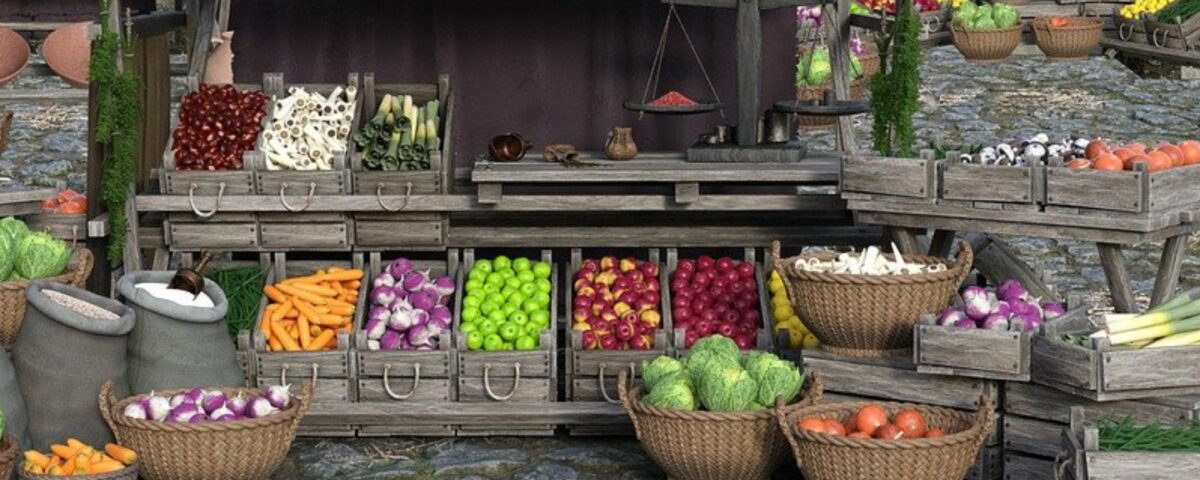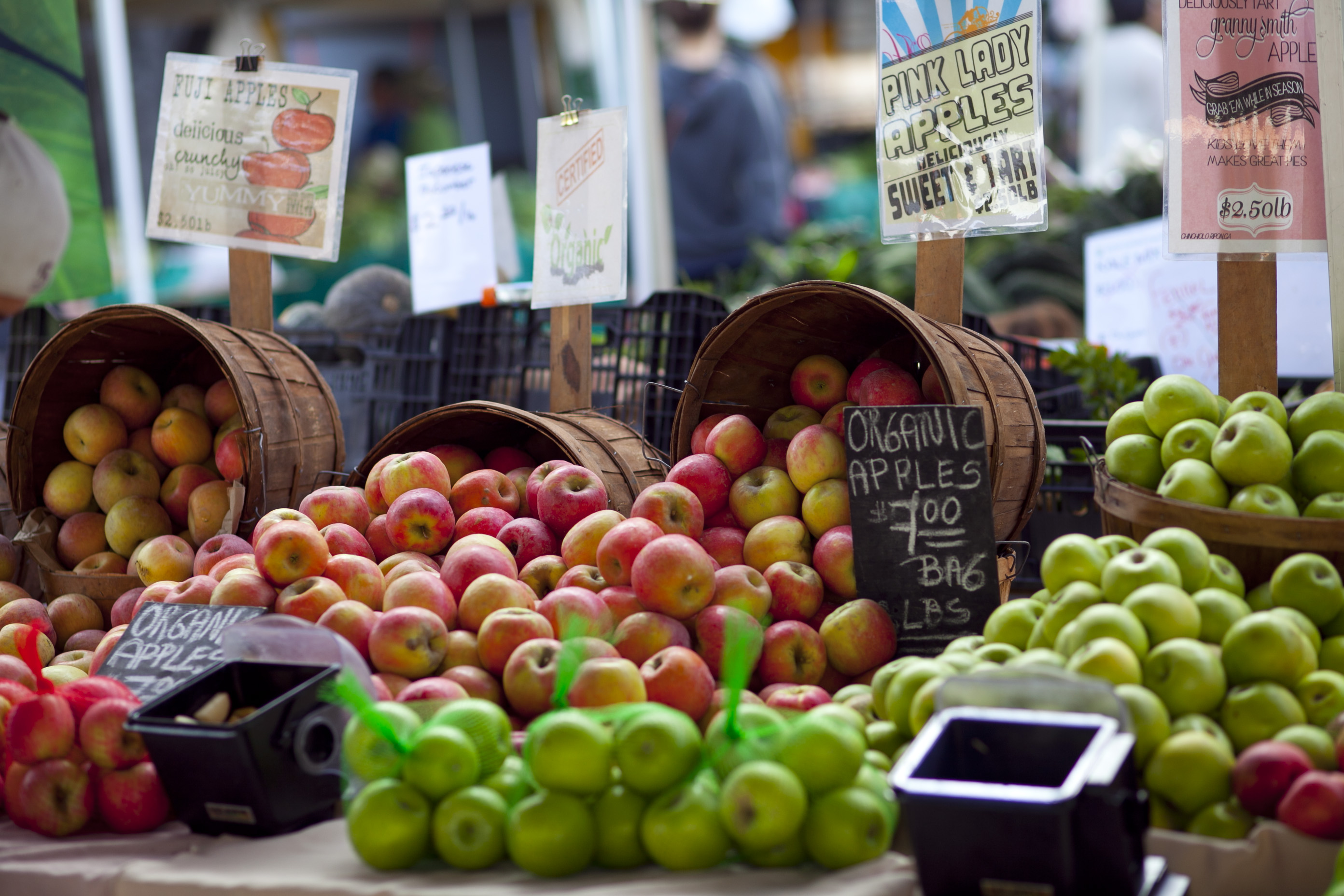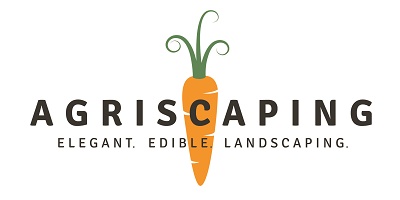3 Reasons Eating Seasonally Benefits You!

3 Reasons Eating Seasonally Benefits You!
When food is grown outside of their growing season they usually need a lot more human assistance. This can be in the form of pesticides, waxes and preservatives so they look more appealing and last longer. You are more likely to get a cleaner product when purchasing locally and in season!
1. Eating Local: If you are eating seasonally, most chances are you are eating locally grown produce. As you are driving long distances you may have passed a truck or two that is hauling produce down the highway. Most of the time it is unprotected with the sun shining down on it. These are transported from long distances to large supermarket chains. Some chains do have a local and organic section - which are only available when the fruit or vegetable is in season. Another perk to eating locally is that you are keeping the economy going inside of your community - we all love to see our communities thrive!
2. Pesticide Free: Local growers are more conscientious about providing a pesticide free harvest. At Agriscaping we use companion planting to keep bugs away. Our Mastery Program has an entire session dedicated to learning about the good, the bad and the ugly bugs and how to keep them out of your garden. When you have a plant that a bug loves to eat planted next to another plant that same bug is disgusted by, you will find the bug will stay away from them both. Therefore, no pesticide is needed!
3. No Waxes and Preservatives: When you eat seasonally there won't be a need for extra waxes and preservatives because they are being harvested at the right time. When fruits and vegetables are grown out of season the farmers will need to use these tricks to keep the harvest looking new and fresh. Even those that are grown in season can be transported from across the country (or world) and so they will need to use the preservatives to keep the produce lasting longer and the waxes to keep them looking shiny and fresh.
The best way to getting the most organic and the best flavored fruits and vegetables is to eat them while they are in season and purchase them through your local farmer - or grow them yourself!
To find out what webinars or live classes are available for free click here!

